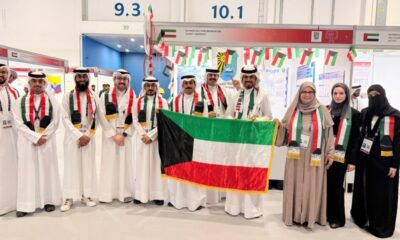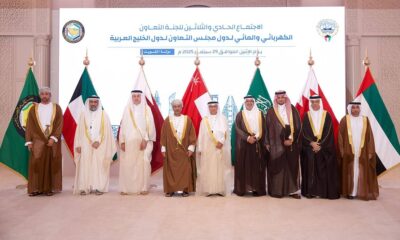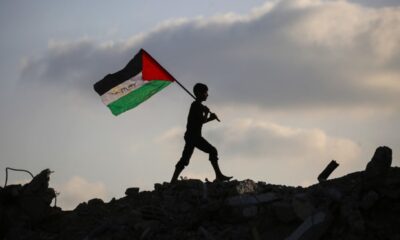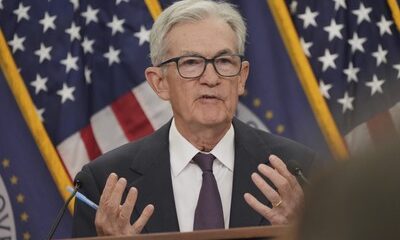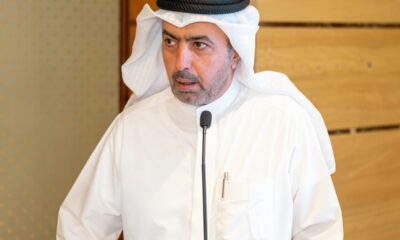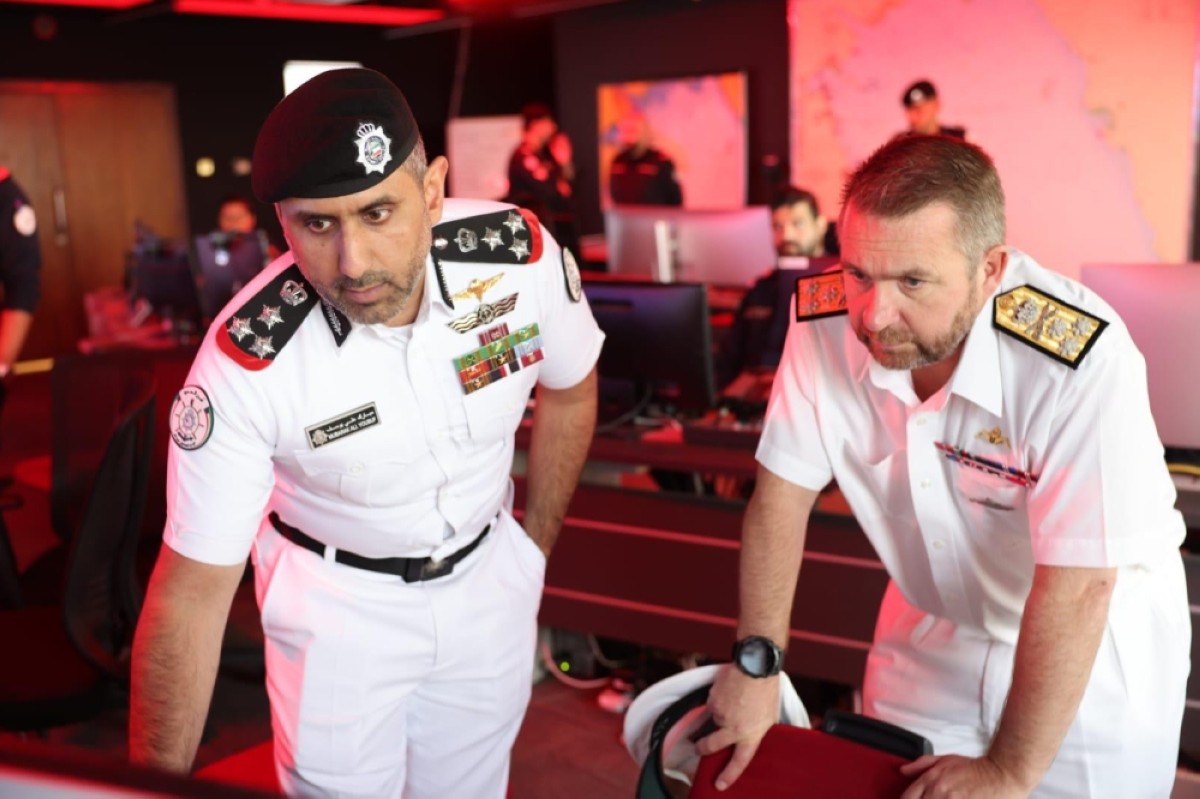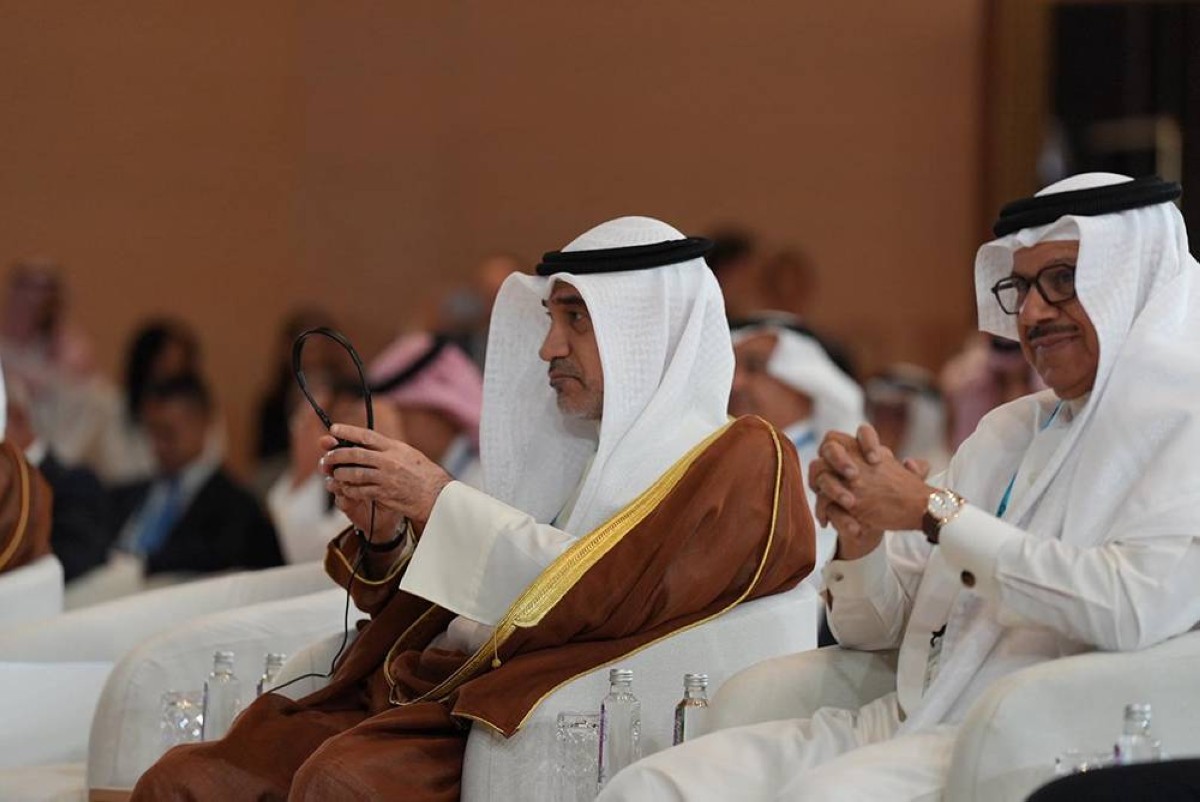Latest News
GCC takes firm steps to combat Islamophobia
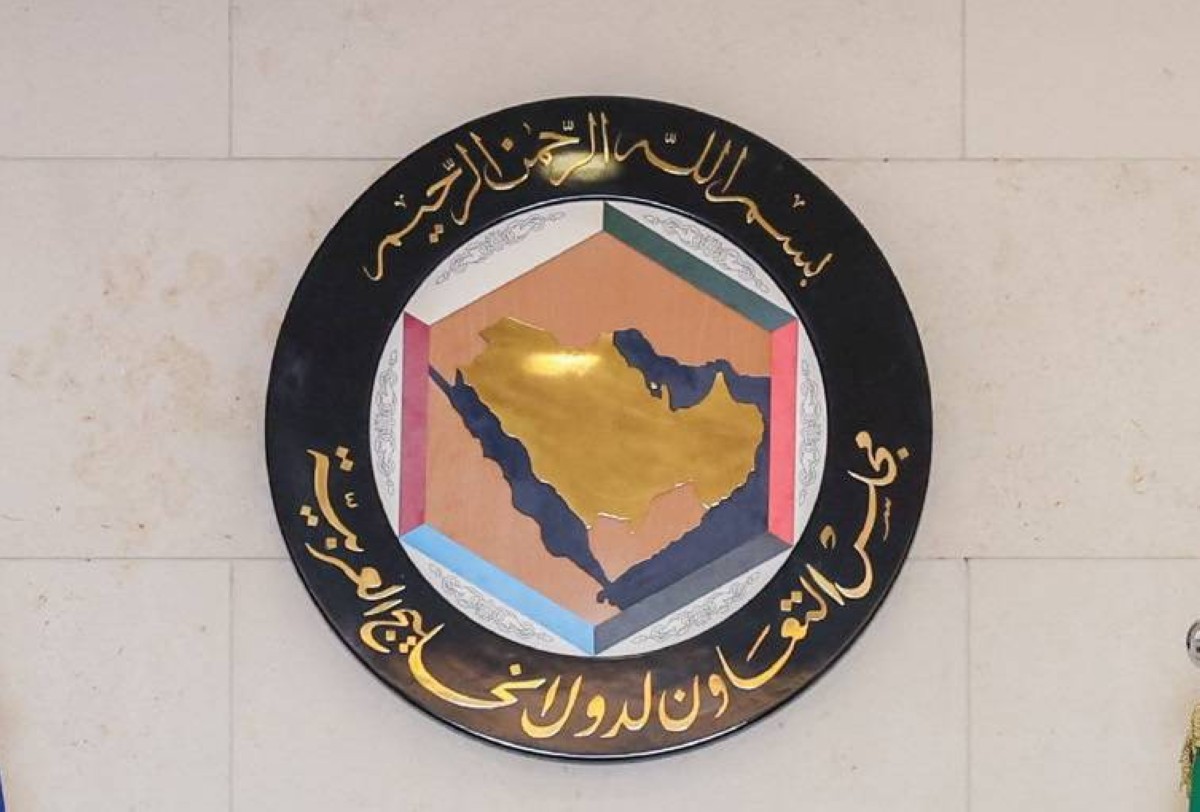
Latest News
Kuwait, UK leaders discuss strengthening bilateral ties
Latest News
Kuwaiti PM rep. reaffirms commitment to dialogue, regional security
Latest News
Deliveroo Kuwait unveils exclusive global dishes
-

 Latest News22 hours ago
Latest News22 hours agoKuwait joins medical regulatory body to boost global health governance
-

 Business15 hours ago
Business15 hours agoJapan’s central bank survey shows an improved outlook for manufacturers
-

 Politics8 hours ago
Politics8 hours agoJahra Traffic Crackdown: Vehicles Seized, Violators Arrested
-

 Latest News15 hours ago
Latest News15 hours agoAmir receives Crown Prince, speaks with Oman Sultan
-

 Latest News13 hours ago
Latest News13 hours agoMinister: Kuwait’s ranking on US Trafficking in Persons Report improved
-

 Latest News6 hours ago
Latest News6 hours agoCAN kicks off annual breast cancer awareness campaign
-

 Politics5 hours ago
Politics5 hours agoKuwaiti Fined KD 10,000 for Insulting Kuwaiti Society in Viral Video
-

 Latest News5 hours ago
Latest News5 hours agoKuwait to standardize recognition of foreign high school diplomas

